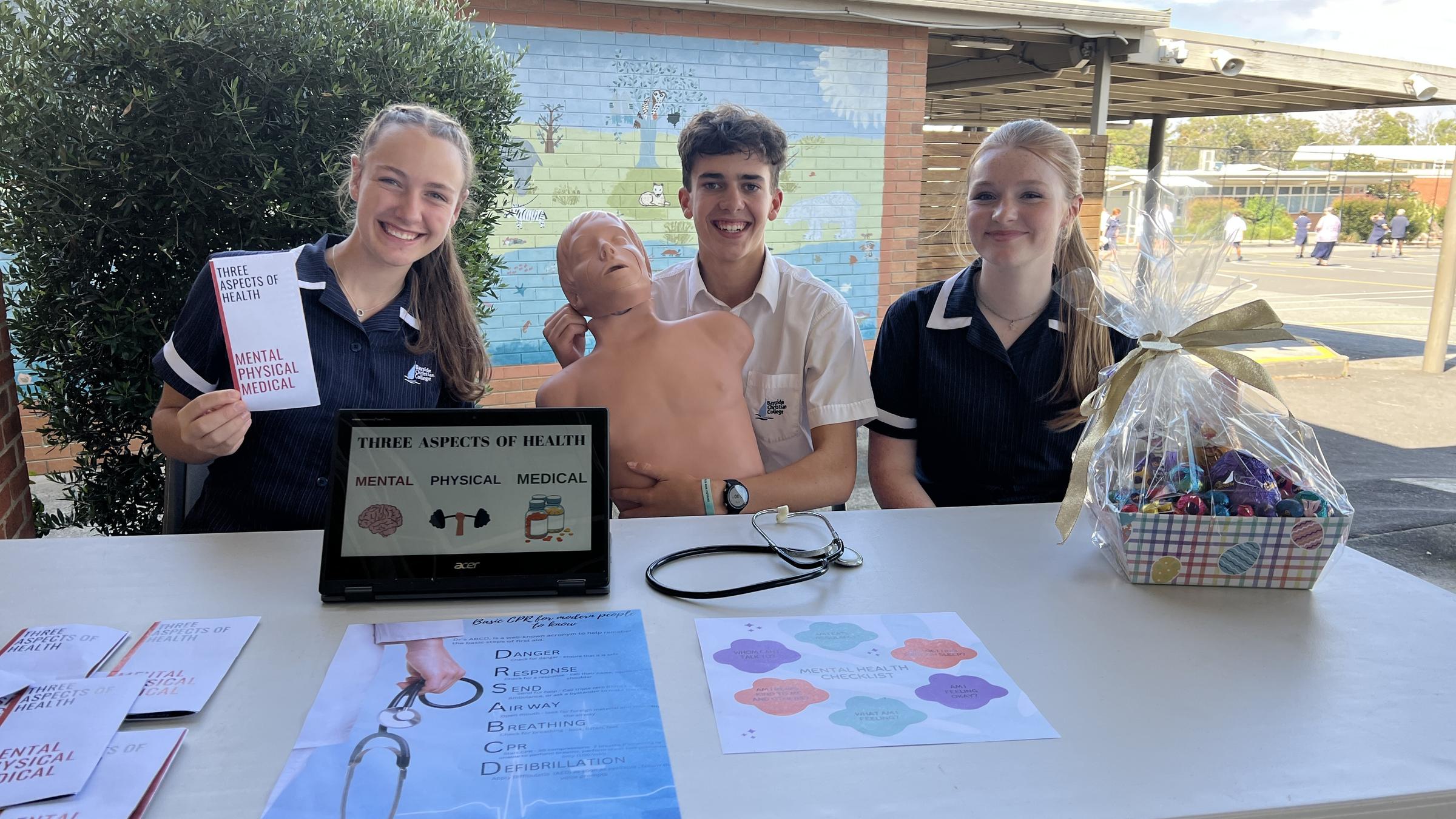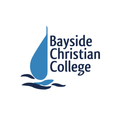Careers Corner

Careers Update
This week has concluded the majority of Year 11 and 12 student meetings with just 10 or so students to catch up with early next term.
Having a background in Ed. Support, one of the topics I like to discuss with students is their “study plan”. This seems to be a new concept to some of the Year 11 students. Year 10 study habits are generally reactive IE: studying for a test or exam or putting in a big effort for a particular assessment project.
It is so important, especially when undertaking Unit 1 & 2 of VCE subjects, to establish a good understanding of what time is needed for study. When I refer to study, this doesn’t include the revision prior to a SAC, it is the study that is conducted continually throughout the term and the foundation that establishes the discipline and dedication that leads to good results.
Of the students I have spoken to when asked to respond regarding their progress, students who have average (or below average) results so far have indicated that they do not have a daily/weekly study plan. Revision and summary of the topic is more effective when done at the time of learning. The method in which each student studies or revises a subject can look completely different as not all students retain knowledge in the same way. Some of the suggestions I have given students are; the use of cue cards, posters utilising colour or pictures to reinforce learning, flow charts, revising with classmates, or revising with parents/carers & siblings.
A really effective way of reinforcing learning is by teaching others. Another issue I have discussed with students is the effective use of study periods during school time. This relates especially if students have numerous extra curricular activities that limit their after school study time availability (EG: Part time/Casual work or sporting commitments). VCE is not the time to relax and rely on natural talent. Effort is needed to achieve results.
YEAR 10 WORK EXPERIENCE
This week, students have been provided with a Work Experience Preparation Information Booklet and Work Experience Checklist (to keep on the fridge or somewhere in plain sight) plus the relevant forms they will need completed to return at the start of Term 2.
If students are intending to work in building and construction a white card will need to be obtained prior to work experience week. This needs to be organised in your own time (these upcoming holidays are the perfect time to do this). Cove Training has been used by a number of our students and they run classes several times a week. They are located in Dandenong and Seaford. Cost is $149 per student. Use this link for bookings: Cove Training - White Card booking
So…
Why do work experience?
Work experience can provide:
- insights into what a job involves and the world of full-time work
- structured, supervised, hands-on experience
- confidence in your ability to learn and become competent at new tasks
- work/life skills, such as communicating effectively, or working in teams
- a chance to demonstrate how you can contribute in a work environment
- an opportunity to demonstrate commitment and reliability
- a new referee to add to your resume
- perhaps even an open door for employment in the future!
How to find a placement?
- ask friends and relatives
- make a list of places you think would be interesting, safe and accessible
- research company websites (online)
- look at the local businesses around you
- SWL Portal listings
For parents:
Students may approach you to reach out through your friends/family network for contact information. I encourage you to support students with prospective employment leads. As much as it would make the process easier or less stressful if parents do the searching, it is by far a more rewarding and beneficial experience if students contact the employers themselves. The skills they are learning now in the initial stages of approaching employers while finding a placement will add to their skill set for the future. It’s okay for them to experience a few knock backs, as it’s all part of the process and how things work in the “real world”.
For Students:
During these upcoming holidays is the perfect time to approach employers at some of the places you would like to work. Remember, you may not get a “yes” at the first employer you approach. If you do get a rejection, reflect on the experience and perhaps reassess what you could try differently. It is very difficult to obtain a placement in some industries and it’s not uncommon to try many places with no success.
There are some jobs where work experience is not suitable for students for confidentiality and privacy reasons or because you do not yet have the necessary skills to work in the job, however don’t let that deter you, there may be a job within that organisation you can do. For example, you may not be able to show clients the correct way to use gym equipment, but you can immerse yourself in the environment by assisting on the front desk taking bookings or enquiries.
Important Dates:
Friday 5 May - Last day for forms to be returned
Monday 19 June - Friday 23 June - Year 10 Work Experience week
Bookings
Appointments can be made in the following ways:
Calendly: Michelle Smith - Careers booking
Email: michelle.smith@baysidecc.vic.edu.au
Please include an indication of the reason for your booking so I can be best prepared to make the most of the time.
Please note my available days are Monday to Thursday from 9.00am - 3.00pm
Ms Michelle Smith, Careers Coordinator
